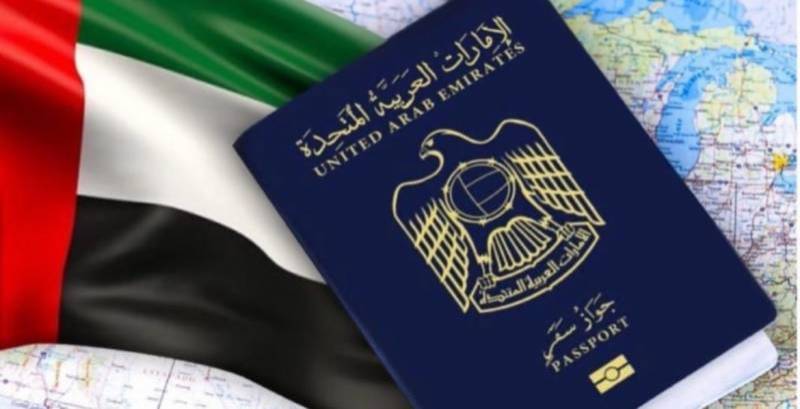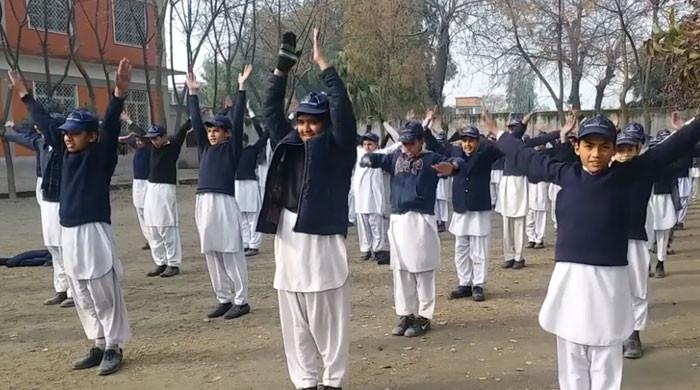The interim federal government intends to challenge the Supreme Court judgment declaring military trials of civilians unconstitutional, it emerged on Monday.
The different government departments have engaged separate private counsels to challenge the verdict issued by a larger bench of the apex court late October.
The Attorney General of Pakistan Mansoor Awan will represent the federal government while the defence ministry has engaged senior lawyer Khawaja Haris and the interior ministry has hired Ahmer Bilal Sufi.
Meanwhile, the Balochistan and Sindh governments intend to submit pleas against the verdict through Sikandar Bashir Mohmand and Jahanzaib Awan, respectively.
Under the law, intra court appeals have to be filed within 30 days and the same are to be fixed for hearing within 14 days of application.
A five-judge bench of the SC had in October unanimously declared the trial of civilians in military courts as null and void and ordered that the 103 accused in cases relating to the violence on May 9 and 10, 2023 be tried under the ordinary criminal laws.
The court through a 4-1 majority also declared certain clauses of the Army Act as ultra vires the Constitution and of no legal effect. One judge of the bench, reserved his verdict on one para, though siding with the bench on the remaining paras.
The bench, led by Justice Ijazul Ahsan and including Justice Munib Akhtar, Justice Yahya Afridi, Justice Mazahir Naqvi, and Justice Ayesha Malik heard the petitions that had challenged the trial of civilians allegedly involved in the May 9 violence in the military courts.
The petitions, questioning the legitimacy of trying civilians in military courts, were filed by former chief justice Jawwad S Khawaja, senior lawyer Barrister Aitezaz Ahsan and others. The other day, the apex court was informed that trial of 103 people in the military custody had already begun.
The apex court announced a short order following the hearing of the case. The five-member bench unanimously declared that civilians would be tried under ordinary criminal laws of the land in relation to such offences.






